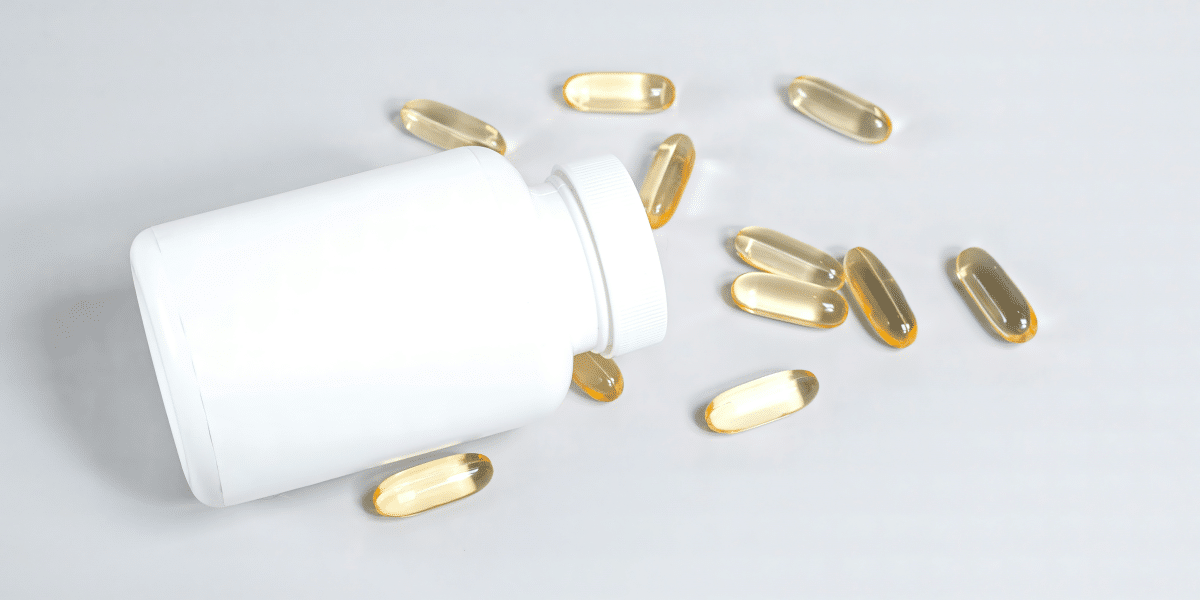Beef liver has long been recognized as one of the most nutrient-dense foods. Packed with essential vitamins and minerals, it may offer a range of health benefits, such as potentially supporting energy levels and promoting a robust immune system. However, not everyone enjoys the taste or texture of liver, which is where beef liver supplements come in. This guide will help you choose the best supplement for your health needs.
Why Choose Beef Liver Supplements?
Beef liver supplements provide a convenient way to enjoy the potential benefits of liver without preparing or eating it. These supplements are rich in:
- Vitamin A: May support vision, immune function, and skin health.
- B Vitamins: Including B12 and folate, which can help with energy production and red blood cell formation.
- Iron: May help prevent anemia by supporting healthy blood oxygen levels.
- Copper, Zinc, and Selenium: Important for various enzymatic processes and immune health.
Key Factors to Consider
When selecting a beef liver supplement, consider the following:
Source and Quality of the Liver
- Grass-Fed vs. Grain-Fed: Choose supplements made from grass-fed beef liver. Grass-fed cattle may produce liver with higher levels of beneficial fatty acids, such as omega-3s, and may contain fewer toxins.
- Origin: Look for supplements sourced from reputable countries known for strict agricultural and livestock standards, such as New Zealand or Australia.
Processing Methods
- Freeze-Dried vs. Heat Processed: Freeze-drying helps retain more of the liver’s nutrients, whereas high-heat processing may reduce its vitamin content. Look for supplements that explicitly mention freeze-drying or low-temperature processing.
Additives and Fillers
- Pure and Clean Ingredients: Ensure the supplement contains no unnecessary additives, fillers, or artificial preservatives. Ideally, the ingredient list should only include beef liver and a natural capsule material.
Dosage and Form
- Capsules vs. Powder: Capsules are convenient and tasteless, making them an excellent option for those who dislike liver’s taste. Powders offer versatility, as they can be mixed into smoothies or meals but may have a stronger taste.
- Nutrient Content per Serving: Check the label for the amount of key nutrients like vitamin A, B12, and iron to ensure the dosage aligns with your dietary needs. Always consult a healthcare professional before use.
Potential Benefits of Beef Liver Supplements
Beef liver supplements may support various aspects of health, including:
- Boosting Energy: B12 and iron may help improve energy production and reduce fatigue.
- Supporting Immunity: Vitamins A and C, zinc, and selenium may play a role in supporting the immune system.
- Promoting Healthy Skin and Hair: Vitamin A and biotin may contribute to overall skin and hair health.
- Enhancing Brain Health: B vitamins and essential minerals may support cognitive function and mental clarity.
Potential Risks and Considerations
While beef liver supplements may offer benefits, they may not suit everyone:
- Vitamin A Toxicity: Overconsumption can lead to hypervitaminosis A. Stick to the recommended dosage, especially if you consume other vitamin A-rich foods or supplements.
- Allergies and Sensitivities: Some individuals may have sensitivities to beef products. If you’re unsure, consult with a healthcare professional before starting.
Summary
Beef liver supplements can be a valuable addition to a health regimen for some individuals, providing essential nutrients that may support various bodily functions. By choosing a high-quality, grass-fed, freeze-dried supplement free from additives, you may enjoy many of the potential benefits of this nutrient-rich food without any hassle. Consult your healthcare provider to determine if beef liver supplements are right for your health goals.
Disclaimer: The products discussed in this article have not been evaluated by the Food and Drug Administration (FDA). These products are not intended to diagnose, treat, cure, or prevent any disease. The information provided is for educational purposes only and is not a substitute for professional medical advice, diagnosis, or treatment. Always seek the advice of your physician or other qualified health provider with any questions you may have regarding a medical condition.
Published by: Khy Talara

















